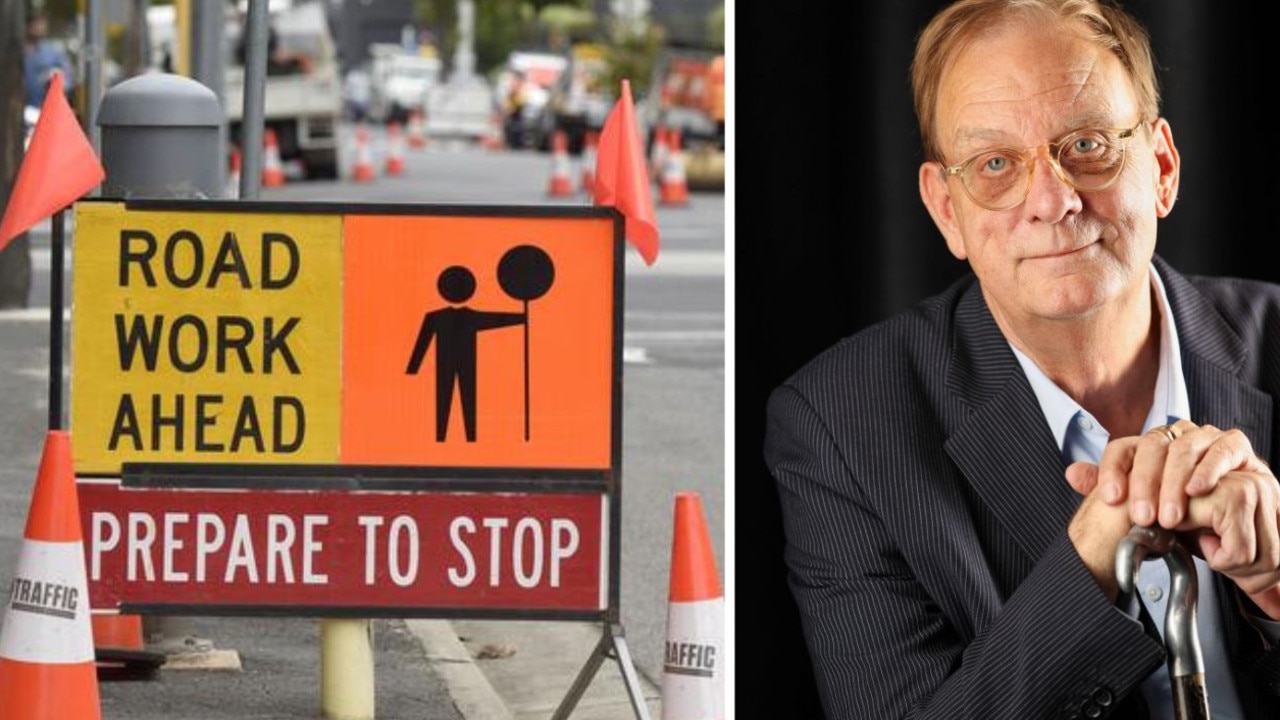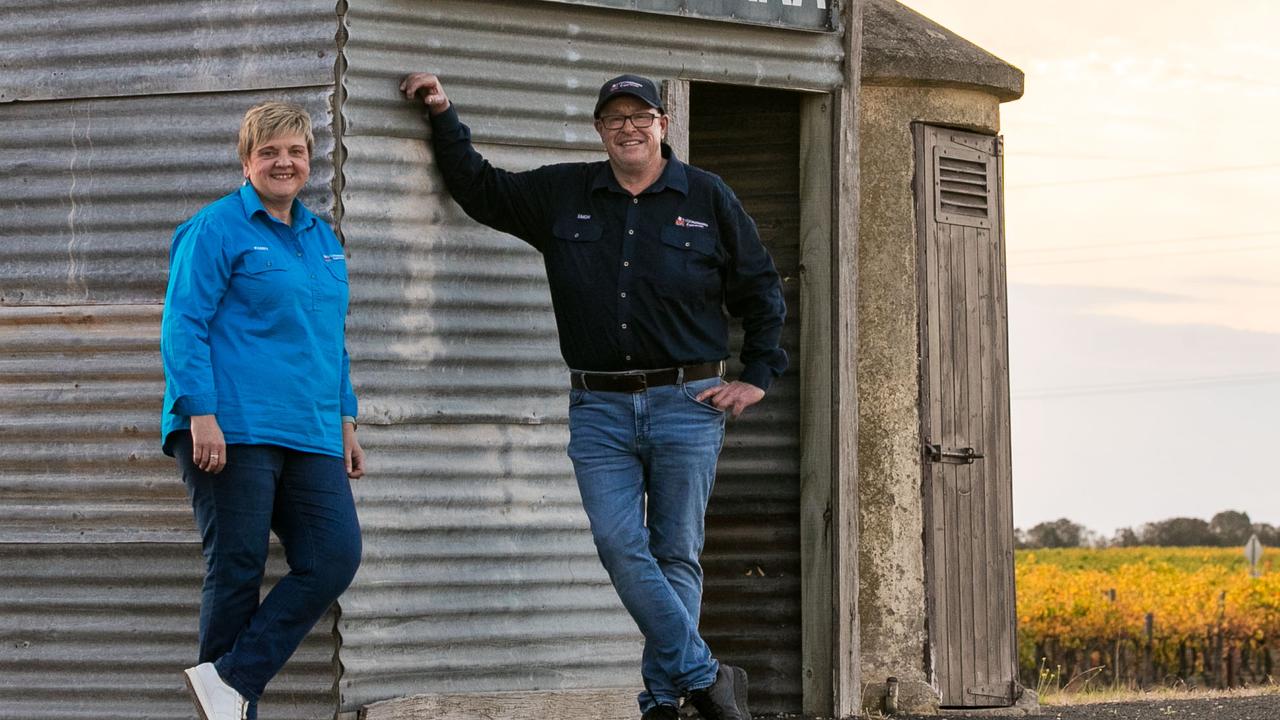Statistics show only one in five people who commit domestic violence are convicted, 60 per cent of all cases dropped
Domestic violence is everyone’s problem – but new statistics show offenders are getting away with it without convictions, and more than 60 per cent of cases are dropped before trial.

SA News
Don't miss out on the headlines from SA News. Followed categories will be added to My News.
Only one in five people arrested for acts of domestic violence have convictions recorded against their names – while victims forever carry the consequences of their brutality.
State Governments statistics also reveal just 10 per cent of offenders are jailed, while more than 60 per cent of cases are dropped by police and prosecutors before reaching trial.
Outcomes were even worse for the relatively new offence of strangulation, with convictions recorded in only 1.9 per cent of cases and 91 per cent of all charges dropped.
The data – sourced by The Advertiser in the wake of the Whispering Wall murder – has disturbed peak bodies, victims advocates and academics.
It comes following the National Women’s Safety Summit, which sought to draft an Australia-wide plan to help women recover and improve both prevention and response.
University of SA Associate Professor Elspeth McInnes said she was “shocked” by the low rate of convictions and “even lower rate of custodial sentences”.
“It’s tremendously disturbing as police do not even charge a defendant unless there is a body of evidence,” she said.
“The statistics show that victims of domestic violence and strangulation are relatively unprotected by the law.”

White Ribbon Australia executive director Brad Chilcott said the data showed the need for reformed laws recognising the patterns of behaviour that underpin domestic violence.
“The fact is we treat domestic violence as an incident-based crime rather than as a course of conduct over time,” he said.
“This means that, when cases come before a court, it is often literally a case of ‘he said, she said’ about a moment in time – who was being aggressive, who was acting in self-defence.
“There is clearly often not enough evidence to secure a conviction … (reforms) would mean that there are many more opportunities to collect evidence.”
Commissioner for Victims Rights Bronwyn Killmier said the statistics “look disturbing on the face of it”, but also reflect the complexity of domestic violence.
“Each case has different circumstances and the same solution does not fit every case … for some, pressing charges and taking a matter to court may not be their preference,” she said.
“They want to be safe, stop the violence and controlling behaviour and make sure it does not happen to anyone else.
“Non-custodial outcomes, such as counselling or treatment for perpetrators, may be a good outcome for some – others would not agree.”
In March, Henry David Shepherdson murdered his daughter, baby Kobi, at the Whispering Wall reservoir in the Barossa Valley.
Just hours earlier, a court had granted Shepherdson renewed access to the child, overturning a ban imposed when he allegedly assaulted and threatened to kill her.
Following the incident, The Advertiser requested all data on two offences – strangulation and assault against a child or spouse – from the courts and State Government.
It showed Shepherdson’s case was one of 9354 assault cases heard between 2016 and 2021, alongside 530 strangulation allegations between 2019 and 2021.
Of the assault cases, convictions were recorded against 1981 defendants and 969 were jailed, while 1012 were diverted to treatment, anger management and family counselling.
Almost 6000 cases were not proceeded with – Mr Chilcott said that was sometimes due to the wishes of victims, and for “many different reasons”.
“It is retraumatising, takes significant time and may mean missing work and organising child care, often – as this data attests – without the hope of an outcome that will make the woman feel safer,” he said.

“In the end, women experiencing violence want to be safe from violence and abuse.
“When they feel like the system can’t offer that – and in some cases even makes them feel less safe – then they will decide not to continue with it.”
Associate Professor McInnes agreed.
“The statistics indicate that the criminal justice system is a very uncertain process for victims,” she said.
“(The system) it certainly doesn’t secure their safety in the majority of cases when an offender will be out on the streets and able to offend again at will.”
Ms Killmier said more research was needed.
“It is impossible to say with any certainty why cases did not proceed as this data is not readily available,” she said.
“It is important that data is collected to ascertain why cases did not proceed, why prosecutions were withdrawn and who made those decisions.
“Without clear data, it is difficult to identify trends and issues, and advocate for change for all victims.”
Attorney-General Vickie Chapman said it was “always a concern” when charges did not proceed, but stressed victims had options.
“To assist police, we have introduced laws that enable bodycam or other video footage taken by police attending the scene to be admitted in court as the victims’ evidence,” she said.
“For victims that do wish to proceed, this option may minimise the trauma of appearing in court.
“Where victims do not wish to proceed, it gives police extra flexibility when determining whether a charge should go ahead.”
An SA Police spokesman said the protection and ongoing safety of victims and children was “given the highest priority”.
“The prosecution must prove a criminal offence beyond a reasonable doubt … we work very closely with victims, who are key witnesses in the prosecution process,” they said.
“There are times when those victims do not wish to proceed in the criminal process for a number of reasons.
“We listen to victims with their safety and welfare one our primary concerns.”
The spokesman said charges only proceeded against the wishes of victims “on rare occasions” if necessary to ensure community safety.
When a domestic violence victim is forced to take fatal action to save her own life, how is she treated by the courts? Listen to the Just Lawful Podcast to find out.
Originally published as Statistics show only one in five people who commit domestic violence are convicted, 60 per cent of all cases dropped







